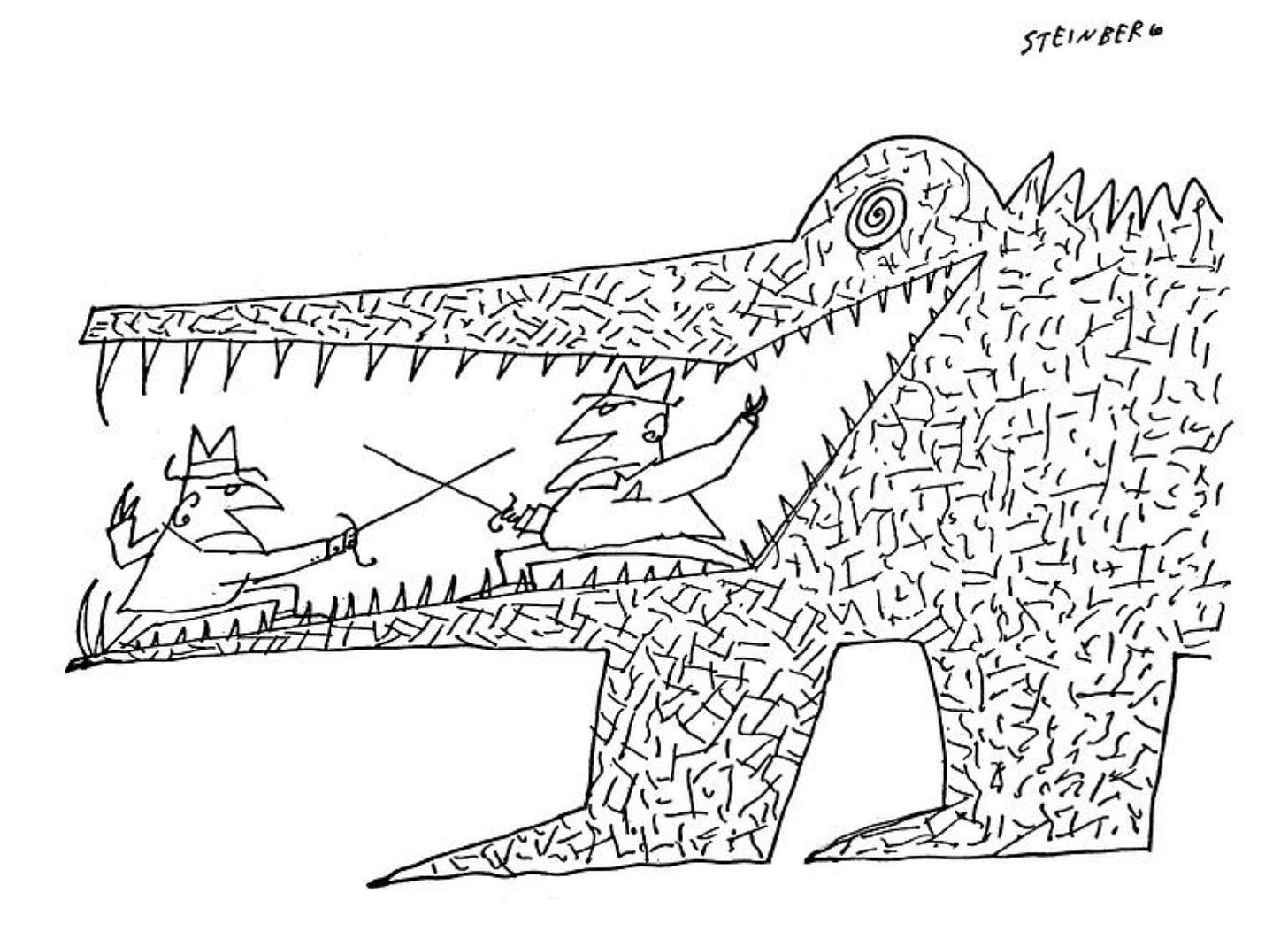Emotions: Anger
Motivation: Revenge
Personality Characteristics and Emotional Stability: Loss of Self-control
Reservations Recommended, Chapter 7
He shivers, turns, and looks at the driver. He’s bleeding from his ear. Blood runs down his chin. His mouth is open. He looks confused. Hate made Matthew swing for his head, and hate makes a part of Matthew want to hit him again. The fury is still there. The one blow was not enough to quench it.
Go on, hit him. Hit him again. I had no idea this would feel so good. Hit him, Matthew. Go on. Hit him. Don’t let the fucker get up. It’s the voice of BW, the part of Matthew that wants to strike again, the part that has made him forget that he’s not the sort of man to do something like this.
No. No, says Matthew. Leave him alone. He backs away from the driver. […]
But he is so fucking afraid of me, Matthew. Let go of me. Let me hit him again. Once more. For the kids who smeared shit on your underwear back in high school.
All right, yes. No. No.
Come on. Once more. One for Tracy in the elastic skirt. She was laughing at us, Matthew. She’s not laughing now, I’ll bet. One more. One more, at least. Just one more.
Seneca, On Anger, (A.D. ca. 45) translated by Robert A. Kaster and Martha C. Nussbaum (2010):
Anger (as I said) is hungry for payback; the presence of this lust in a human being’s utterly peaceful breast in no way accords with nature. Human life is constituted by the harmonious exchange of benefits, and is held fast in a pact of mutual assistance not by fear but by mutual affection. […]
Payback harms: therefore, payback doesn’t suit a good man, and for the same reason neither does anger, to which payback is suited. If a good man takes no delight in payback, neither will he take any delight in the passion that finds pleasure in payback. Anger, therefore, is not natural.
Certain things are within our control at first, whereas the subsequent stages carry us along with a force all their own and leave us no way back. People who have jumped off a cliff retain no independent judgment and cannot offer resistance or slow the descent of their bodies in freefall: that irrevocable leap strips away all deliberation and regret, and they cannot help but arrive at an outcome they would have been free to reject at the outset. Just so, once the mind has submitted to anger, […] it’s not allowed to check its onrush: its own weight and the downward-tending nature of vices must—must—carry it along and drive it down to the depths.
Reservations Recommended, Chapter 7
Matthew raises the rod and takes a step toward the driver. He enjoys the way he feels his muscles tightening — in his arms, his back, his neck, his jaws, too, tightening, clenching. The driver tries to back away, but he’s against an upright and doesn’t dare take his eyes off Matthew to look for an escape. The wind rises, the vicious wind, cold and dusty, and the driver shudders. So does Matthew, and it makes him feel a kinship with the driver, two foolish aging men, fighting on this forsaken landscape, while children watch.
See also:
Personality Characteristics and Emotional Stability, Assessing TG 119; Personality Characteristics and Emotional States, Representing TG 530; Personality Characteristics and Emotional States, Assessing TG 530
Evil TG 489
Have you missed an episode or two or several?
You can begin reading at the beginning or you can catch up by visiting the archive or consulting the index to the Topical Guide.
You can listen to the episodes on the Personal History podcast. Begin at the beginning or scroll through the episodes to find what you’ve missed.
You can listen to “My Mother Takes a Tumble” and “Do Clams Bite?” complete and uninterrupted as audiobooks through YouTube.
You can ensure that you never miss a future issue by getting a free subscription. (You can help support the work by choosing a paid subscription instead.)
At Apple Books you can download free eBooks of Little Follies and Herb ’n’ Lorna.
You’ll find overviews of the entire work in An Introduction to The Personal History, Adventures, Experiences & Observations of Peter Leroy (a pdf document) and at Encyclopedia.com.



